Talking to the Natural Resources and Environment Newspaper, Mr. La Tuan Hung - Vice Chairman of Yen Binh District People's Committee emphasized that to achieve that goal, the first thing is to propagate and create changes in the awareness and actions of people in the district.
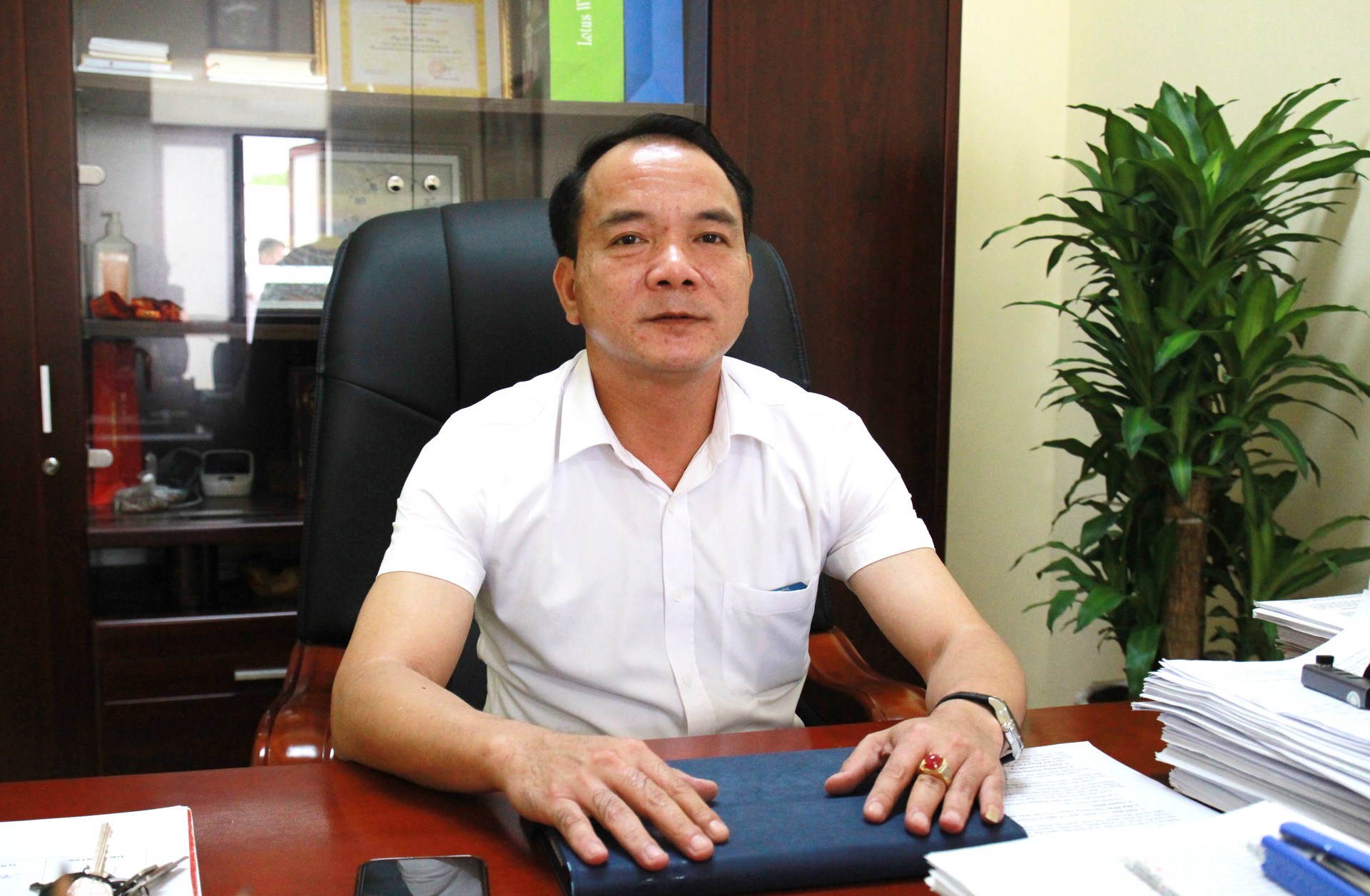
Reporter: Sir! Could you please tell us how the collection, transportation and treatment of domestic solid waste in the district has been implemented recently?
Mr. La Tuan Hung: In the past time, the collection, transportation and treatment of domestic solid waste in the district has been paid attention to by the District People's Committee: On February 6, 2023, the People's Committee of Yen Binh district issued Document No. 252/UBND-TNMT on strengthening solid waste management in the district. In which, it requires agencies, units and commune-level People's Committees to strengthen state management of solid waste.
Accordingly, localities and units have actively implemented. Currently, the budget for collecting and transporting domestic solid waste in communes and towns is carried out by teams and cooperatives. The collection budget is calculated based on the agreement between households, individuals, and production and business units to ensure that the collection is correct and sufficient from waste source owners to pay for waste collection and transportation activities and partly for domestic solid waste treatment costs.
The district strives that by 2025, the cost of collecting and transporting domestic solid waste collected from socialized sources such as: People, businesses, organizations, agencies, units... in the district will be at least 70% and the treatment cost will be at least 30%. By 2030, the cost of collecting and transporting domestic solid waste collected from socialized sources will be at least 80% and the treatment cost will be at least 35%.
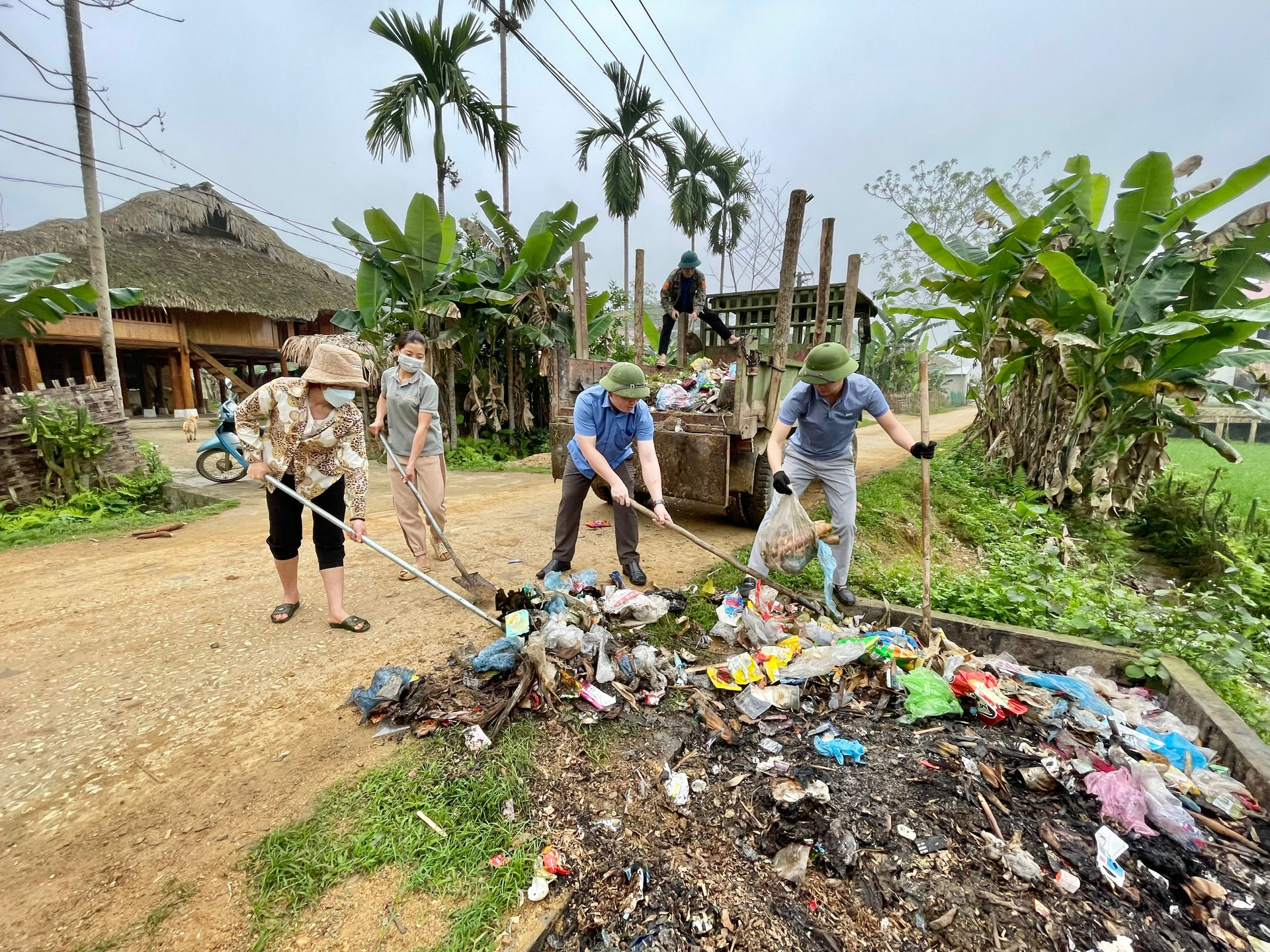
Along with that, from 2020 to present, the District People's Committee has invested in the Yen Binh District Environmental Sanitation Team 01 specialized car for street sweeping, 01 garbage compactor to transport garbage, 65 garbage carts to serve garbage collection; mobilized the commune-level authorities to invest in garbage carts and garbage containers in villages and residential groups with 45 vehicles.
The District People's Committee issued Plan No. 189/KH-UBND dated May 22, 2023 on investing in hazardous waste collection tanks and waste carts, in which in the period of 2023-2024, the District People's Committee invested in 284 waste carts; the People's Committees of communes and towns invested in 1,764 hazardous waste collection tanks.
In particular, according to the Decision of the People's Committee of Yen Bai province, Yen Binh district is allowed to invest in the construction of a domestic solid waste incinerator in Vinh Kien commune and Cam Nhan commune with a processing capacity of 1.0 tons/hour. Currently, the two incinerators are in the completion stage and are expected to be tested in November 2023.
PV: So sir, in sparsely populated areas, especially remote areas, ethnic minority areas, how is the collection, transportation and treatment of domestic solid waste carried out?
Mr. La Tuan Hung: For remote areas, the management of household solid waste is directed by the People's Committees of communes to villages and hamlets. Accordingly, each household and individual performs by classifying household solid waste at source. In which, for easily decomposable household solid waste, households bury it in available landfills at home, a part is burned or composted by people to make bio-fertilizer, and for recyclable waste, it will be collected and sold as scrap to limit discharge into the environment.
Reporter: The 2020 Law on Environmental Protection stipulates that people must classify waste at source before discharging it into the environment. How has the district implemented this content, sir?
Mr. La Tuan Hung: Currently, Yen Binh district is striving to achieve the status of a new rural district in 2023, so environmental protection is always a concern of the district, including the classification of domestic solid waste at source. Currently, the total amount of domestic solid waste generated in the district is about 50 tons/day, in urban areas about 20 tons/day and in rural areas about 30 tons/day.
In order to effectively classify domestic solid waste at source, the District People's Committee issued Document No. 1513/UBND-TNMT dated May 30, 2023 on guidelines for classifying domestic solid waste at source. Specifically: For areas with centralized collection, transportation and treatment activities, encourage people to classify waste at source by arranging 2 trash bins for each household to classify organic and inorganic waste, then transfer them to trash bins or trucks for garbage collection teams to transport to the collection site and treat according to regulations.
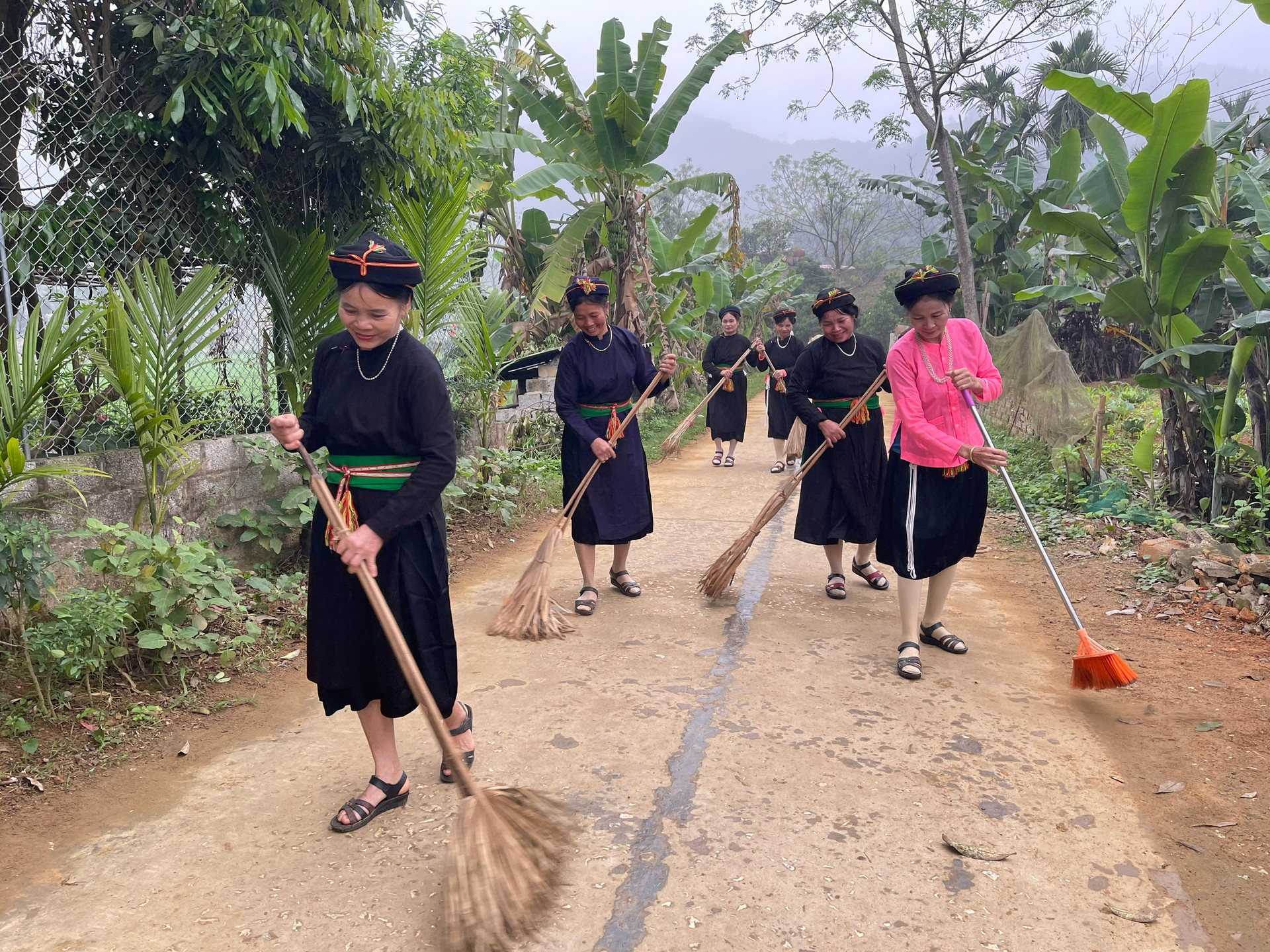
In areas where there is no centralized collection, transportation, and treatment, people are encouraged to dig two garbage pits at home to treat by burning or burying.
Currently, the district has selected Tan Huong commune to participate in the model of classifying domestic solid waste at source according to the decision of Yen Bai Provincial People's Committee with the aim of improving the efficiency of collection, transportation and treatment of solid waste in the district according to the provisions of the Law on Environmental Protection, thereby improving satisfaction with the living environment and improving the happiness index of the people.
In addition, the district has organized propaganda about the harmful effects of plastic waste, especially hard-to-decompose plastic bags and single-use plastic products as well as the benefits of using environmentally friendly products to businesses, business establishments, services and people in the district; limiting the use of hard-to-decompose plastic bags and single-use plastic products in daily life.
Reporter: Sir, in the coming time, to improve the collection, transportation and treatment of domestic solid waste, what is the district's plan?
Mr. La Tuan Hung: The District People's Committee will continue to direct communes and towns to strengthen the collection and treatment of waste in the area. Strengthen propaganda on environmental protection for people to understand, comply with and implement. At the same time, direct communes and towns to continue to promote their roles and responsibilities in the process of deploying and implementing solid waste management at the commune level.
PV: Thank you very much!
Source




![[Photo] National Assembly Chairman Tran Thanh Man attends the Party Congress of the Committee for Culture and Social Affairs](https://vphoto.vietnam.vn/thumb/1200x675/vietnam/resource/IMAGE/2025/5/11/f5ed02beb9404bca998a08b34ef255a6)











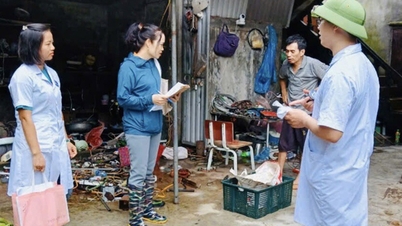

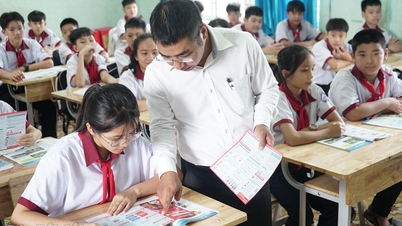













![[Photo] Discover the beautiful scenery of Wulingyuan in Zhangjiajie, China](https://vphoto.vietnam.vn/thumb/1200x675/vietnam/resource/IMAGE/2025/5/11/1207318fb0b0467fb0f5ea4869da5517)
![[Photo] National Assembly Chairman works with leaders of Can Tho city, Hau Giang and Soc Trang provinces](https://vphoto.vietnam.vn/thumb/1200x675/vietnam/resource/IMAGE/2025/5/11/c40b0aead4bd43c8ba1f48d2de40720e)














































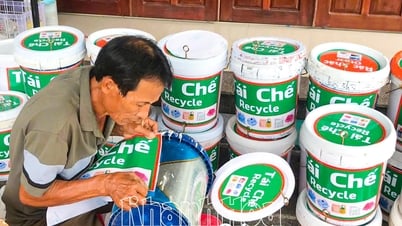

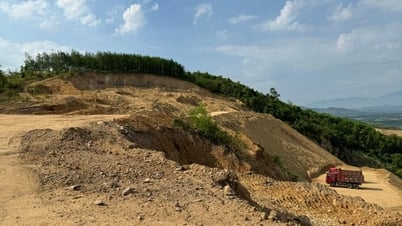

















Comment (0)